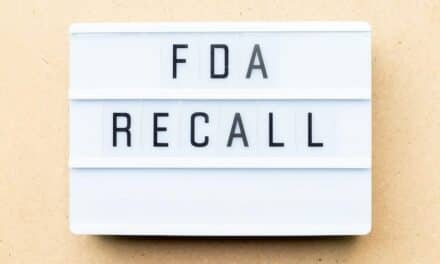On June 30, the U.S. FDA alerted the public about a voluntary recall of specific Philips Respironics ventilators, BiPAP, and CPAP devices due to the risk of exposing users to particulate matter and off-gassing from polyester-based polyurethane (PE-PUR). FDA warned that degraded PE-PUR, a component of the foam used to dampen noise and vibration, may inadvertently enter the device’s airflow pathway where it can be inhaled or ingested during therapeutic use of the machine.
The recall notice followed Philips’ April 2021 announcement that they had internally “identified a quality issue in a component that is used in certain sleep and respiratory care products.” Here, Elite Medical Experts shares its take on the situation.
Read Philips Announces Recall, Repair Program for Foam in Respiratory Care Devices
“Direct exposure to foam particulates and chemicals can be dangerous for several reasons,” says Venktesh Ramnath, MD, an associate clinical professor of pulmonary medicine at UC San Diego Health. “Inhalation of particulate foam can lead to difficulty breathing and frank respiratory failure, and bacteria or fungus carried into the body can cause infection in the respiratory tract and lungs.”
Regarding off-gassing, Ramnath adds, “inhalation of isocyanates and other gases associated with polyurethane can cause lung irritation, and some may be carcinogenic in their own right. Prolonged exposure to these chemicals is worrisome, particularly since many people using CPAP and BiPAP already have underlying asthma and other respiratory diseases.”
“The complex issues in this recall will necessitate expert witnesses from a variety of disciplines,” says Burton Bentley II, MD, an emergency medicine specialist and CEO of Elite Medical Experts. “We anticipate the need for experts in pulmonology, toxicology, epidemiology, biomedical device engineering, and polymer science. Physician experts in occupational and environmental medicine will also have a role since they are frequently involved in human exposure to toxic compounds.”
Bentley adds that, regardless of the trajectory of litigation, “the most important thing right now is to focus on the health and safety of the millions of people affected by the recall. That means seeing a doctor and assuring that you have a safe device.”



